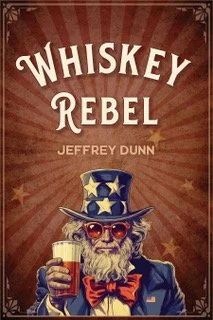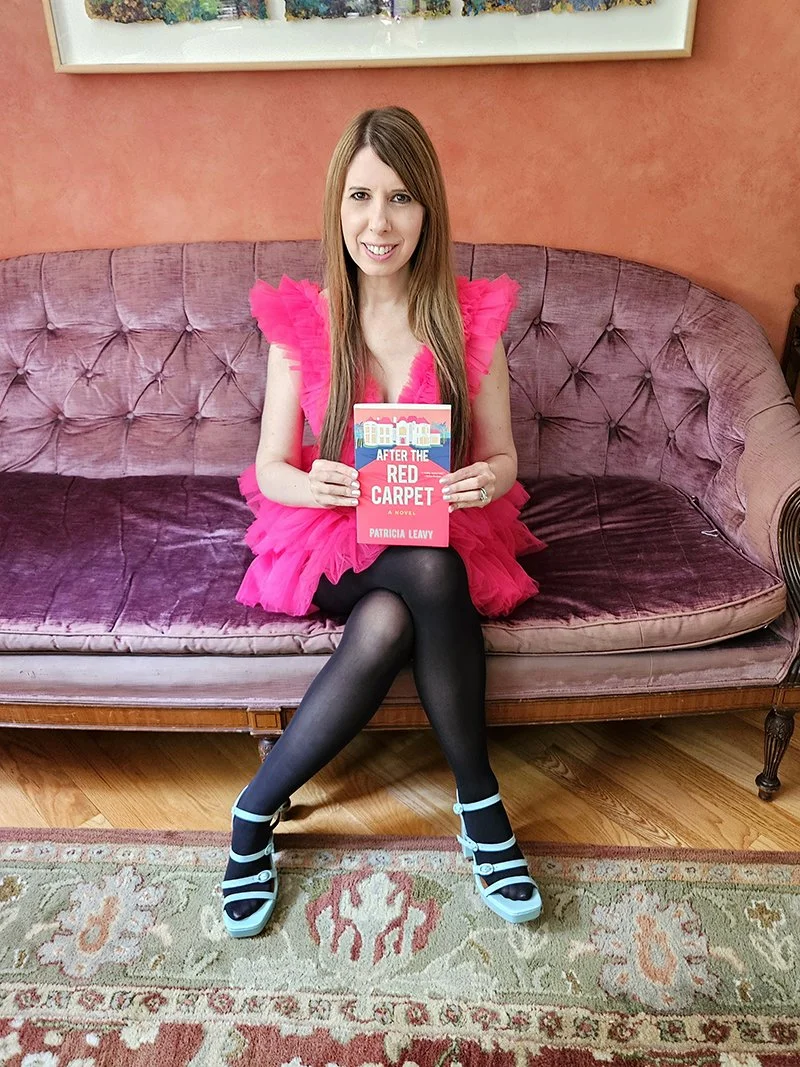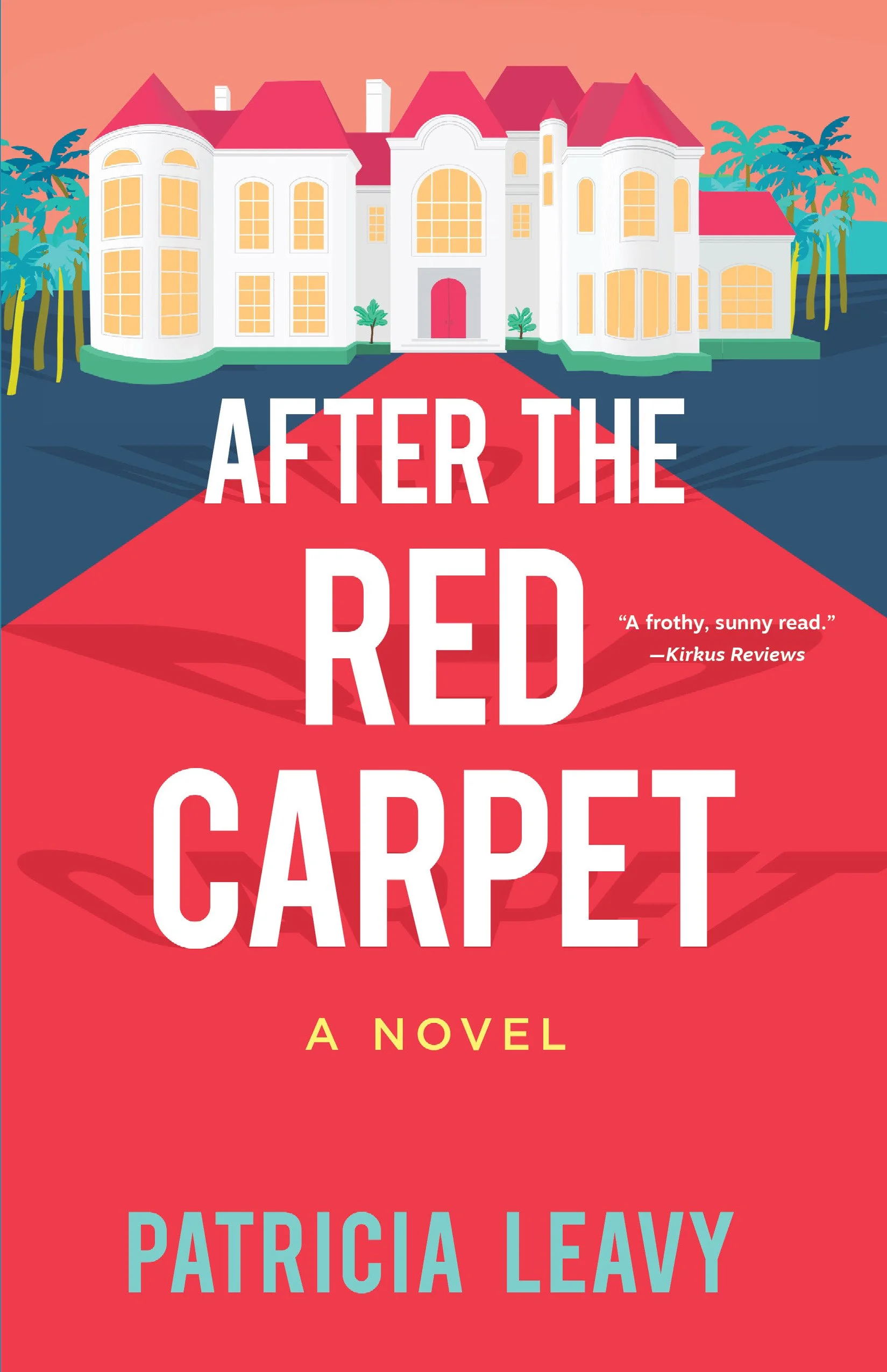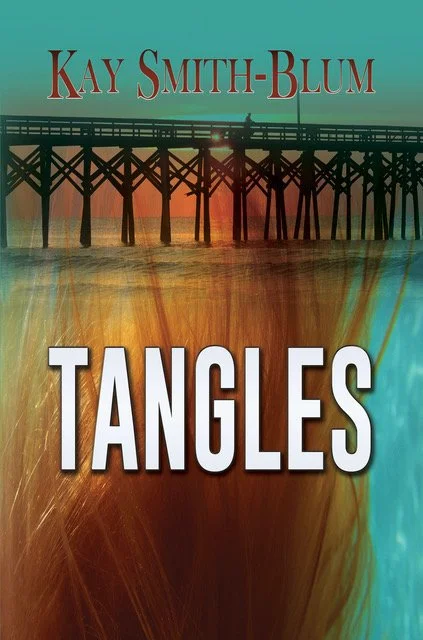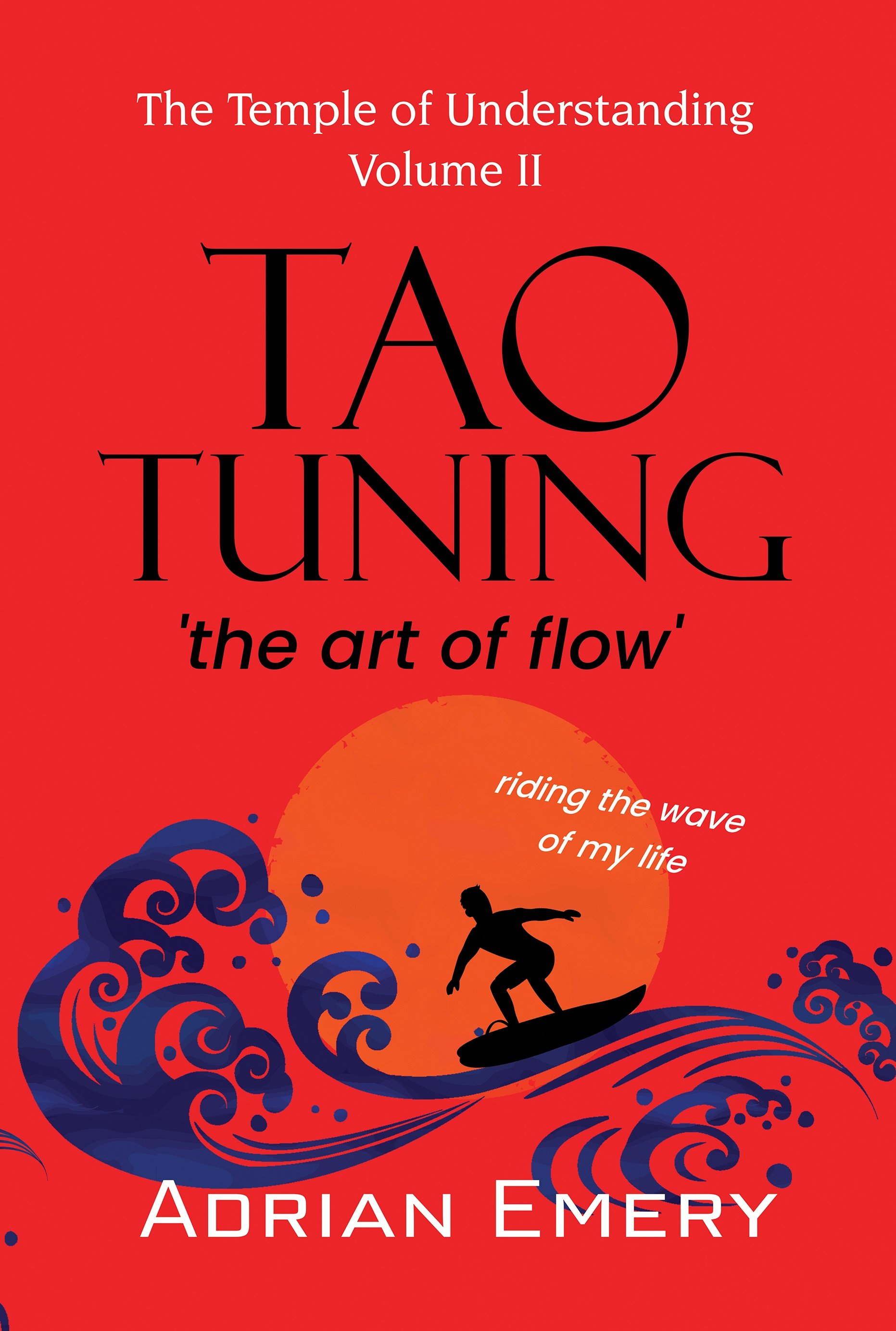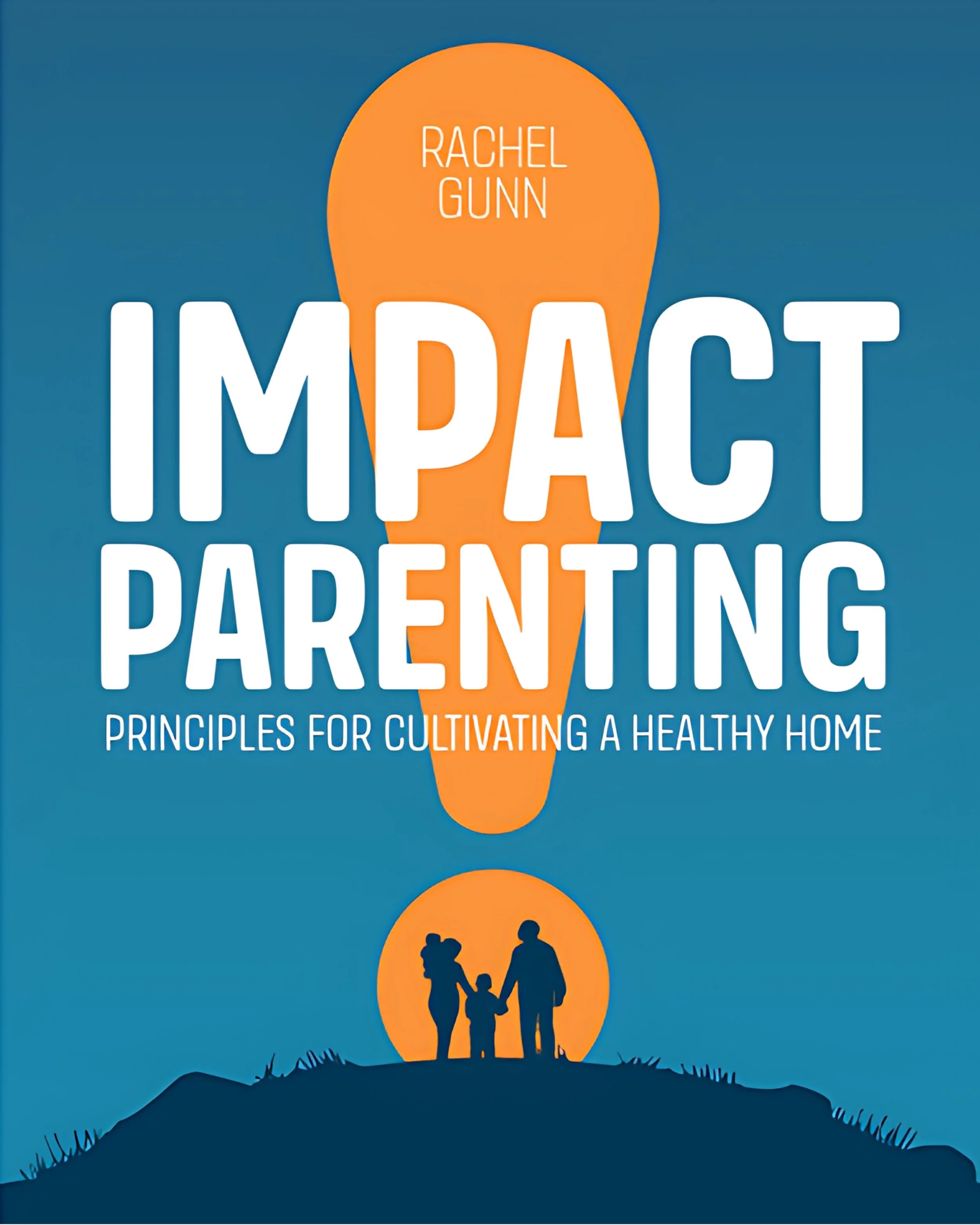What inspired you to write Impact Parenting?
I literally had no idea how to parent my daughters. I often joke that God put me here to share my mistakes so other women could be encouraged. It sounds like a tough life, but really, He’s also given me the ability to pick myself up and move on when I mess up. As a parent, I have had to do that a lot! Throughout my parenting journey, I learned that so many parents feel the way I did, unqualified and alone.
I wanted to create a resource that empowers parents to make a positive impact on their children's lives while also building their own confidence. My goal was to provide guidance that is both realistic and encouraging, helping parents feel more prepared and supported in their journey, and I want to bring parents together and encourage them. The book is designed to work well as a group study. And my hope is that it will foster conversations among parents, allowing them to share their experiences with each other.
Can you share a brief overview of the main principles you discuss in the book?
There are three overarching principles covered in the book. They are laid out in the first chapter, Parenting Foundations.
The first principle is parenting for impact versus impulse. This means that we are making intentional decisions as parents that will affect our long-term relationship with our children. It’s so easy–especially when our children are young–to get caught up in putting out the daily fires. We find ourselves on the defense, reacting impulsively to challenges, and basically putting out fires all day. This is impulse parenting and we all do it. The goal, however, is to shift more toward impact parenting.
Impact parenting asks us to shift our focus from the present and its immediate outcomes to the future. We make decisions based on how (and even if) they will impact the future. We may want to give in to our children when they push our boundaries, throw tantrums, and beg incessantly, but when we consider what this will look like in 5 or 10 years, it can help us resist that urge. After all, a twelve-year-old throwing a tantrum is a much different situation than a four-year-old.
The principle based on the stages of parenting is about knowing where we are as parents. Each stage of parenting is different because our children are growing and developing. When we know which stage we are in, what that looks like for us and our kids, and what our kids need from us, then we can parent more confidently. There are a few different versions of the parenting stages. I like Ellen Galinsky’s The Six Stages of Parenthood. Impact Parenting covers the boundaries, teaching, and coaching stages which includes ages one through eighteen. Within each stage, I focus on discipline, communication, and connection. These are three really important aspects of parenting, and I want to help parents understand how to navigate these areas in each stage.
The third main principle is power-with versus power-over. This principle takes a deeper look into parenting styles. We talk about authoritarian, permissive, and authoritative parenting styles, but the concept can be a bit broad. Authoritarian parenting is often associated with old-school parenting, which many parents don’t see a problem with. However, parenting style is a very general concept asking the question, What kind of parent am I? In reality we all fall under different styles at different times. Overall, I consider my parenting style authoritative. But, in certain situations, I am definitely more authoritarian or controlling, and in others I can be very uninvolved or permissive.
When we look at the principle of power-over versus power-with, we are looking at ourselves in a more focused way. We are analyzing our actions through a different lens and asking a different question, how do my actions affect my child? This helps us focus first on our actions rather than our parenting as a whole and second on the effects of our actions. We might be able to accept being mostly authoritarian (controlling), but when we reflect on our actions in relation to the power dynamic, it helps us really consider the impact of how we are using our power.
How has your personal experience as a parent influenced the insights and advice you offer in your book?
Living it and learning from my mistakes has deeply influenced what I write and teach. I want parents to know that I get it—I’m learning along with them. I haven’t always done things right, so I can say from experience, “don’t do this.” Instead of prescribing do's and don'ts, I focus on the core issues and teach those principles.
I've also had a lot of experience with advice from well-meaning parents, and I found that much of it just didn’t work for us. It either didn’t align with my beliefs and goals as a parent, didn’t fit our family dynamic, or simply wasn’t effective with my kids. That’s why I focus on principles in the book rather than specific strategies. I aim to educate and empower parents to trust their instincts about their own kids and what is best for them.
One of my favorite stories to tell is about the time I completely ignored my daughter because she hurt my feelings—talk about middle-school behavior! Parents are floored when they hear this. Of course, that was unhealthy. Rather than just saying, “don’t ignore your kids,” I teach the principle of responding instead of reacting. Ignoring can be appropriate at times, but ignoring my daughter as a reaction to my hurt feelings was not okay.
Ultimately, I want parents to understand the principles of healthy parenting and use that understanding to guide them as they choose strategies.
You emphasize intentional parenting. What does intentional parenting mean to you, and why is it important?
To me, intentional parenting is really about understanding our strengths as parents and playing to those. I believe that God gave our children the parents they need for the plans He has for them. So, as parents, our job is not to be the best parent, but to be the best parent we were created to be. In a nutshell, being intentional means that we do our best when we can - we hold ourselves accountable for doing the hard work, making the best choices, and following through with our actions. And when we can’t, we don’t stress over it. We reflect on our goals, values, and our kids’ personalities and strengths. And we use those things to guide us.
For example, one of our goals as parents is that our children are critical thinkers. So, we have been very intentional about creating a culture in our home that not only encourages them to question the world around them, but teaches them how to do it appropriately. We have encouraged them to ask questions, and to observe the world with a critical eye. We have taught them how to question authority-- from what tone to use to when is the best time. So, they understand that calling someone out in front of a crowd of people will probably not work well, but circling back around and talking privately with someone might get them better results.
Grades, however, are not the most important to us. So, we don’t stress over them. We make an effort to keep up with their classes and how they are doing, but honestly, we have had years where I’ve barely seen their grades other than report cards. Would this work in every family? Of course not, this is what works for my family. Considering our goals of raising critical thinkers and our kids’ strengths in academics, it works for us.
Intentional parenting means being deliberate about your priorities and letting go of the rest. We don’t have to kill ourselves trying to be the best in every area of parenting. We just need to leverage our strengths and give ourselves grace for our weaknesses.
How do the stages of parenting differ, and why is it important to recognize these differences?
The stages of parenting take us through our children’s developmental stages, and they help us to understand what our children need. When we can recognize where our children are–and by proxy where we are–within the stages, we can better evaluate and respond.
Knowing the different stages can also help us shift our perspective as parents. Sometimes we have expectations about what our kids should or should not be doing, and when we understand where they are within these stages, we can shift our expectations and decrease the gap between our expectations and reality.
For example, understanding that it is natural for our children to push boundaries in the boundaries stage can help us shift our mindset. We can expect this behavior and see it as our toddlers doing their job and we are doing ours. And in doing so, hopefully let go of some of the frustration. Also, understanding that it is natural for our teens to pull away from us during the coaching stage can help us release them to do so. When we don’t realize that this is a natural part of this stage, it can feel very personal and hurtful.
Knowing where we are and what to expect during each stage can help us respond as parents rather than react.
What unique challenges do parents face at each stage, and how can they address them?
In the boundaries stage, I think we struggle with being future-focused. The future seems so far away and our time with our kids seems almost eternal. It is easy to put off the main goals of this stage–establishing our authority and setting boundaries for our toddlers. The problem is that they don’t want boundaries and they have an infinite amount of energy. This can be difficult because they are so persistent and honestly, so cute! Let’s face it, toddlers being bad are some of the funniest humans on this earth! It is easy for us when they are so tiny and cute to let them slide right past the boundaries we set, but establishing our authority is so important in order to establish a healthy foundation.
This challenge is really a mindset issue. We can have all the strategies in the world, but unless we buy into the importance of establishing our authority and commit to the work of doing that, it just won’t happen. When we take the time to think it through though, it can help us understand what it means to fight for authority (or power or control) for the next 17 years or so. Because if we don’t establish our authority early, then we will be spending a lot of our time as parents trying to regain it. The best thing we can do during this stage to help is to decide and commit to doing the work of setting and holding boundaries.
As for the coaching stage. I’m writing a whole book on this stage because, well, teenagers. Seriously though, I think a big challenge in the coaching stage is navigating our children’s maturity. We see them physically developing into young adults. They are incredibly mature in some areas, but we also get glimpses of their child-like qualities at the same time. It can be difficult to separate the young adults they are becoming from the children they still are. Sometimes their transition from mature to childish and back can happen so fast that we are left with our heads spinning, so it can be really difficult to know which version to parent.
I think this is where our patience can be really tested as parents. We see this image of a young adult in so many ways, that it can be frustrating when they act like children. I know in my own house we can go from “I can do that for you” to “why do I have to do everything around here?” to “hey, I made dinner” to “I can’t. I have like a million things to do” all in the course of a day. We see them managing their school work, talking to their teachers, and excelling at their jobs, but they can’t seem to talk on the phone. One day they are super teens–productive, respectful, helpful around the house. The next they are tired and sullen. It is really difficult to hit the target in this stage.
I would love to say we can address this challenge by just doing blank. But it is really about patience and understanding. I can’t give parents patience, but I can help with the understanding part. This stage is a struggle for everyone involved, including our teens. They don’t always understand what is happening and why they are feeling so insecure at times. One of the best things we can do is ask our teens if they need our help, and then listen to them. If they say yes, ask them what they need. If they say no, then step back, but continue to be there if they need us.
Can you discuss the importance of power dynamics in the parent-child relationship and how they impact a child's development?
The power dynamic in the parent-child relationship is an interesting one. It is not a dictatorship like some of our parents may have led us to believe. It’s also not an equal relationship like friendship or partnership. There is an imbalance of power, and if we establish our authority with our children during the boundaries stage, then we should hold the power. If we don’t establish our authority early on, then likely our children hold the power.
When our children have the power then we will find ourselves constantly struggling to get it back resulting in more impulse parenting–putting out fires all day. For those of us who have the power, we have a choice to make: we can use our power to guide our children or we can use our power to control our children. This is an important choice that requires intentionality as parents. How we use our power will greatly affect our relationship with our children.
In a healthy parent-child dynamic, we use power with our children rather than hold it over them. This means that we come alongside our children and guide them as they learn to navigate the world around them. Using power-with our children means that we are having more conversations and less consequences. We are using boundaries that are there to help them make good choices rather than rules that give them to wiggle room.
One example of this in action is when my own daughter had a decision to make one day and couldn’t reach me. She was at the store with her sister, picking up some ice cream for the family. She called and told me the ice cream was buy-one-get-one free and asked if she should get two. I could have told her what to do, but I asked her what she thought. We talked briefly about it, and she decided to get both. Shocker, right? This is an example of me using my power with her and helping her think through a decision rather than making it for her.
What advice do you have for parents who are struggling with the challenges of raising teenagers?
First, follow some lighthearted social media accounts. I mean it! There is nothing more calming, validating, and reassuring than seeing a meme about the exact situation you are experiencing. Even as a parent educator, I find myself dumbfounded at some of the things we experience with our teens. And it gives me peace deep in my soul to see it as a meme. It tells me that first, I am not alone and second, this is probably normal. It helps me take a breath and realize that my teen is probably fine.
In all seriousness, though, our teens' crazy behavior is normal. They need grace and space from us. They are transitioning from childhood to adulthood and that is a process. Consider a skill you’ve learned-maybe math, or an instrument, or a sport. You did not just step in as a seasoned pro. You probably had a lot of ups and downs, mistakes, tough lessons to learn, and even some emotional responses to the process. That is a lot like the process of becoming an adult, so try to let some things slide. They need space to make some colossal mistakes, and then grace again when they do. Really, we just need to make it a mantra. Grace and space. Grace and space. Whenever they do something mean, dumb, or crazy, we just need to repeat it because they'll need one of those things.
How can parents find encouragement and build their confidence during moments of uncertainty?
First, I would like to say that very little parenting has to be done immediately. Our children are geniuses at making us feel like that decision has to be made right now, this second, or the world will in fact end. But, that is usually pretty far from the truth. When you feel overwhelmed as a parent, don’t be afraid to stop the process and take some time to think, pray, research, talk to a friend, or all of the above. The purchase, the decision, the conversation where they are trying to convince us to do their will, that can all wait. In those moments of uncertainty, it’s okay to press pause and take a breath.
A huge key to building confidence during moments of uncertainty is to start the process outside of those moments. When we are feeling nervous or uncertain, or really any type of negative emotion, it is easy to let that emotion run free, or even to feed into it. Like with any type of overwhelming emotions, the key is to find the tools to counteract them and practice using or accessing those tools during our times of calm and peace. Some of our tools might be a blog or podcast, or we might follow someone on social media who encourages us and validates the difficulties of parenting, or even a friend we look up to who helps ground us as a parent.
For those that have this option, a lifeline can really help ground us in the middle of those stressful times. Finding a few trusted friends you can text when you’re stressed or just need a quick answer to a question can be really beneficial. I have several friends like this. We often drop random questions or rants about our current situations. We encourage each other and offer our experiences, ideas, and advice. There are no expectations, no judgment. Just support.
A portion of the proceeds from your book supports under-resourced parents through seedsofimpact.org. Can you tell us more about this initiative and why it's important to you?
Seeds of Impact is a nonprofit agency in the Greater Birmingham area dedicated to providing education and support programs for parents. Our mission is to help parents break adverse generational cycles and form a healthy perspective on parenting, positively impacting future generations.
We partner with local nonprofits, schools, and churches to support parents who, due to generational patterns and a lack of resources, often repeat the same unhealthy parenting techniques they experienced as children. By introducing new parenting concepts, we empower them to make positive changes. Our goal is to provide a supportive system that helps parents develop healthy habits and transform their approach to parenting, ultimately shifting the trajectory of future generations. We believe the impact of this program will be exponential.
I’m a teacher at heart and one of my favorite things has always been seeing the light bulb go off for my students. I know that feeling of wanting to be a better parent but having no idea how. I am passionate about parenting. For me, the nonprofit is the culmination of those three things with the added bonus of affecting change. It's incredibly fulfilling to know that our work is making a positive impact on families and future generations.
What do you hope readers take away from your book, and how do you envision it impacting their parenting journey?
I would love for parents to walk away with some guiding principles and the confidence to apply them. I envision my book empowering parents to make thoughtful, intentional decisions, fostering a nurturing environment, and ultimately building stronger, healthier relationships with their children.
What is the most important piece of advice you would give to new parents?
There are so many great answers to this question! Because I believe that parenting is less about our children’s actions and more about how we respond, I am going to speak to the mindset of new parents. I would share this analogy of the parenting expectation gap. I adapted it from a TED Talk given by Rufus Griscom and Alisa Volkman. It illustrates the expectation gap that many parents experience.
Being a new parent is like this. You pack for a new adventure and, from what you see all around you–what has been advertised to you–you believe you are preparing for something like a trek through a tropical rainforest. It is a difficult trip for sure. Some dangers, some difficult areas, but incredibly beautiful and full of fruit, and even magical–picture perfect, some might say. So, you pack your bags for an adventure in a tropical rainforest.
Only when you land, you are in Nepal at the base of Mount Everest. You’re looking up in unmitigated awe and fear at the height and depth of what you are seeing. As you begin to climb, you realize that you are sorely unprepared for this adventure. You have never climbed a mountain. You have never tried to survive with such small amounts of oxygen. You have no idea how to take the first step.
This is the expectation gap of parenting. This is why we find ourselves overwhelmed and unhappy. Not only do we have nothing in our brain space to compare it to, we come into it packed and prepared for a totally different and less harrowing–more romanticized–experience.
So, my advice to new parents is to take some time to acknowledge that there is a gap between what you expect based on your limited experience and the reality of parenting. Remember this story and remind yourself of it in those moments that threaten to undo you. Accept the hardship of parenthood. Accept that you are no different from all the other mothers before you. Accept that you won’t fully grasp the depth of difficulties until we are knee deep in exhaustion and poop smattered clothes, and remind yourself that it will all be okay.
My hope would be that releasing new parents from the unrealistic expectations would free them to be the best parents that God made them to be.
How can readers stay connected with you and continue to learn from your work?
I love to hear from readers! They can email me at rachelkgunn@gmail.com. Please send me your thoughts, questions, and stories! Or just drop a line and say hi! To keep up with the nonprofit and my new projects, they can connect here:
Instagram, Facebook, and LinkedIn: @rachelkgunn
Website: www.rachelgunn.com
Seed of Impact: www.seedsofimpact.org



